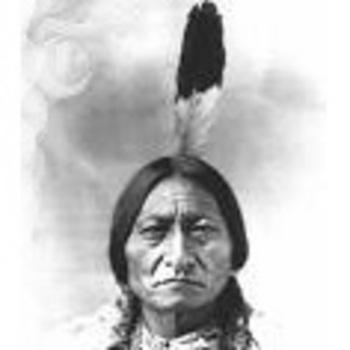American Indian - Inuit - Aleut – The Native Americans
This is a permanent exhibition that deals with the American double continent
Main content
The introductory area presents characteristic features of the anthropological subject field and gives a glimpse of the history of the ethnographic collection at Bergen Museum from 1825 to 1996 when the exhibition was opened as part of the jubilee celebration of the University (1946 - 1996). The exhibition of the American Indians also encompasses the Inuit and Aleut population who can lay claim to be early Americans, although not the first ones. Spatially the project extends from the Arctic to the Andes.
North America is represented by Woodland American Indian hunters and farmers, the North West Coast’s resident fishermen and hunters, the bison hunter of the Great Plains, the South West Area’s maize growers and keepers of small animals. Meso-America is represented by the highland Mayas in Chiapas, Mexico, seen in a historical framework. Aguaruna Jívaro – a ”river people” in Alto Marañón, Peru – are horticulturalists, hunters, fishermen, and gatherers. Their adaptation is typical of the part of the rain forest called La Montaña.
The regional walk-through is completed with a selection of pre-Inca Moche pottery linked up to the pottery, textiles, and musical instruments of our time. Finally, the visitor finds himself in an art zone where a representative selection of wooden objects, ceramics, and textiles gives a kaleidoscopic image of colour and form on the western hemisphere. The themes we focus on extends from hunting for fur-bearing animals as part of the global trade to the Zapatist uprising in Chiapas in 1994 – another attempt to once more claim a land reform and fair treatment in a colonising nation state.
The time frame of the exhibition extends from before the last Ice Age and until 1994.
